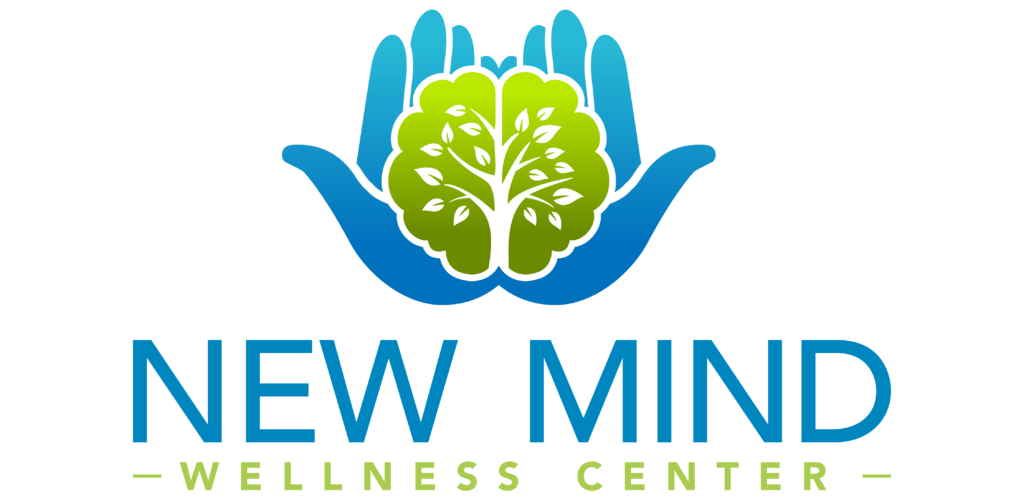
What Is an Intensive Outpatient Program (IOP) for Mental Health?
What is an intensive outpatient program for mental health, and how can you find the right one for yourself or a family member?
To learn more about Mental Health Treatment options at New Mind Wellness, call us today or verify your insurance online. We’re excited to help you start your personal recovery journey.
What Are Levels of Care?
Before we get into the details of treatment at the intensive outpatient level, it can be helpful to review where this type of program falls within the overall continuum of mental health services.
When a person needs help for a mental health concern, one of the first steps is usually to determine which level or levels of care are right for them. From most to least restrictive environments, the continuum of care for mental health treatment includes:
- Inpatient treatment: Short-term treatment with 24/7 access to care to help people achieve stabilization
- Residential treatment: Longer-term treatment featuring round-the-clock supervision to help patients learn to better manage their symptoms
- Partial hospitalization program (PHP): Full days of treatment, five days per week, without a residential component
- Intensive outpatient program (IOP): Partial days of treatment, two to five days per week
- Outpatient treatment: Individual or group sessions, scheduled at the frequency that is best for the patient (often on a weekly basis)
There is no “ideal” progression through these various levels. Determining whether a person receives care at one, several, or all of these levels should be based solely on a thorough assessment of their specific needs. This means that:
- Some patients start at the inpatient level, then step down to the residential, PHP, IOP, and/or outpatient levels for additional help.
- Some start at a lower level, then step up when they demonstrate a need for more intensive services.
- Some transition out of treatment after receiving care at one level.

What Is an Intensive Outpatient Program for Mental Health?
Now that we know where IOPs fall on the continuum of care, let’s turn our attention to the question in the headline of today’s post: What is an intensive outpatient program for mental health?
The best way to answer this question is to review who IOPs are designed to serve, what disorders they usually treat, and what types of services they typically provide.
Patient Profile
Every reputable IOP will make admissions decisions on a case-by-case basis, following a thorough review of each prospective patient’s history and needs. In general, though, IOPs are usually designed to serve those who either:
- Have completed one or more higher levels of care, but can benefit from additional support as they prepare to transition out of treatment.
- Haven’t been in a program before, but don’t require full days of treatment or round-the-clock support.
Other common criteria for admission into an IOP include:
- Have transportation to and from the treatment center
- Have a stable living arrangement
- Can fully engage in all aspects of programming
- Are willing to adhere to the center’s rules and policies
Disorders Treated
The types of mental health concerns that may be treated at the IOP level can vary from one treatment center to the next, but they often include:
Types of Treatment in Mental Health IOP
Group therapy is usually the dominant type of treatment at the IOP level, but many centers also offer individual and family sessions:
- Individual psychotherapy: One-on-one sessions with a therapist can be ideal environments in which to address personal concerns that the patient may be hesitant to bring up in a group setting.
- Group therapy sessions: With the guidance of a trained professional, groups can help participants gain vital information, practice essential skills, and share support with others who have had similar challenges.
- Family therapy: Family sessions can help patients and their loved ones learn how to better support each other and function as a more cohesive unit.
Examples of specific services and therapeutic approaches that may be included in an IOP patient’s treatment plan include:
- Medication management
- Genetic testing
- Cognitive behavioral therapy (CBT)
- Dialectical behavior therapy (DBT)
- Eye movement desensitization and reprocessing (EMDR) therapy
- Holistic therapies
- Red light therapy
What Are the Benefits of an IOP?
The many potential benefits of receiving care in an IOP include:
- Flexibility: IOP patients typically don’t attend more than 15 hours of treatment per week. This gives them ample opportunities to work part-time, take classes, volunteer, or engage in other healthy and productive activities.
- Structure: The IOP schedule promotes responsibility and accountability. It also ensures that patients have regular access to clinical services, so that they can process their experiences and discuss challenges they may have encountered during non-treatment hours.
- Customized care: Even though group therapy is typically a main component of treatment at the IOP level, patients should still expect to follow personalized plans and benefit from customized services as needed.
- Shared support: While participating in an IOP, patients can share their thoughts, learn from the insights of others, and discover the benefits of both giving and receiving support.
- Cost: Since they offer fewer hours of treatment than most other levels, IOPs are usually also less expensive.
How to Choose the Right IOP
The structure and substance of an IOP can vary depending on which provider is offering the program. Asking the following questions can help you determine if an IOP is the right place for you or a loved one:
- What is your treatment philosophy, or the general approach in your IOP?
- What types of therapies and support services does your IOP provide?
- How will you determine which services are right for me?
- What are the credentials of the professionals who provide care in your IOP?
- Do you offer family counseling or other types of family support services?
- How do you handle conflicts or safety concerns in your IOP?
- How long will I need to remain in treatment?
- How you define success for patients in your IOP?
- Can you describe your discharge planning or aftercare services?
- Does your center accept my insurance?




